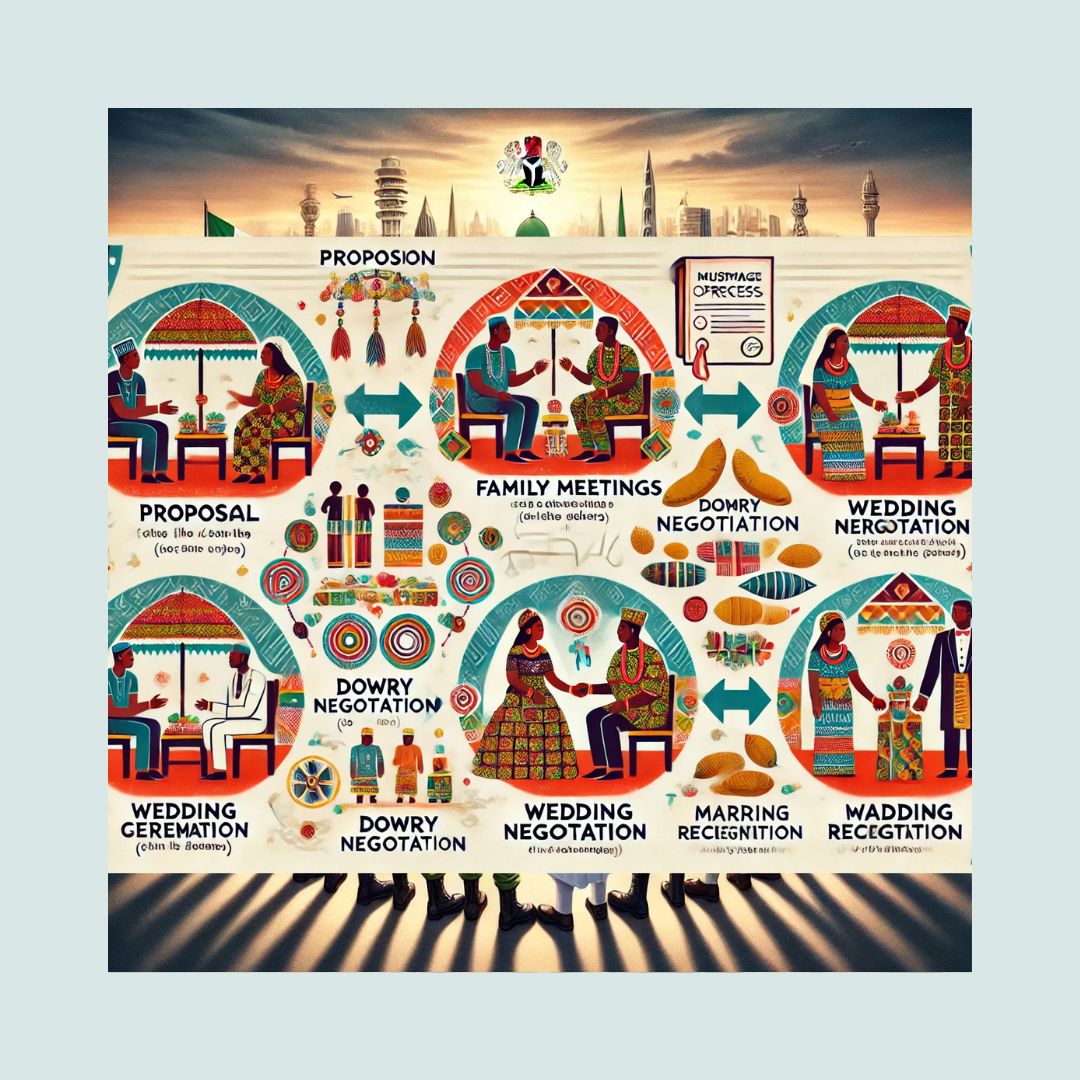A recent ruling by a court in Kafanchan has sparked intense nationwide debate over dowry and marriage in Nigeria.
The decision by the Upper Customary Court, in Kaduna State, brought the role of dowries under customary law into sharp focus. In it, the court declared that non-payment of dowry does not automatically dissolve a customary marriage under Kamantan customs.
The court examined a case where a marriage was challenged due to the alleged non-payment of dowry. Traditionally, in many Nigerian communities, dowry is viewed as a fundamental aspect of marriage, symbolizing agreement and respect between families. However, the court ruled that as long as there is mutual consent and recognition from both families, the marriage remains valid, regardless of dowry payment.
This ruling is not without precedent. In the case of Eze v. Omeke, the court upheld that while dowry or bride price is significant in customary marriages, its repayment (or lack thereof) does not necessarily dictate the dissolution of the marriage. This legal nuance emphasizes that dowries are important symbols but not always legally binding prerequisites.
Dowry and marriage in customary law
Customary laws in Nigeria often intertwine deeply with the traditions and cultures of various ethnic groups. An instance where this is easily seen is in the case of selecting traditonal rulers, especially in the North. Among the Igbo, the refund of dowry is critical for ending a marriage. The Yoruba emphasize mutual family agreement, while the Hausa-Fulani view dowry as a sacred obligation but not necessarily a determinant of marital legitimacy.
Customary law expert, Adebayo Ojo explains, “Dowries serve as cultural tokens of appreciation. However, the legality of a marriage under customary law often depends more on family consent than the actual dowry payment.”
Across Africa, dowry practices vary widely. In South Africa, the lobola system serves a similar function, but reforms have ensured that cultural practices align with constitutional rights. In Kenya, dowries remain a crucial aspect of marriages among various communities, but the courts often weigh family intentions and agreements more heavily than strict financial exchanges.
Globally, dowries are largely absent in Western legal systems. Marriages in countries like the United States and the UK are contractual, focusing on legal agreements rather than cultural exchanges. However, multicultural communities in these nations occasionally encounter legal disputes where customary laws come into play.
Reactions and expert Opinions
The Kafanchan decision has sparked varied reactions across Nigeria. Human rights advocate Funmi Adegbite commended the ruling, saying, “This is a step forward in balancing tradition with modern realities. It shows the flexibility of our legal system.”
However, cultural purists argue that such rulings may dilute the significance of dowries in Nigerian traditions. “Dowries are more than transactions; they are cultural contracts that bind families,” said Chinedu Umeh, a sociologist at the University of Lagos.
Ojo, a legal expert, suggests harmonization of Nigeria’s customary laws with constitutional principles. “The Customary Court’s decision may influence how courts across the country approach similar cases, particularly in multicultural areas,’ he said.
According to him, the current debate around dowry and marriage reflects broader conversations about the evolution of Nigeria’s legal and cultural identity.

Leave feedback about this